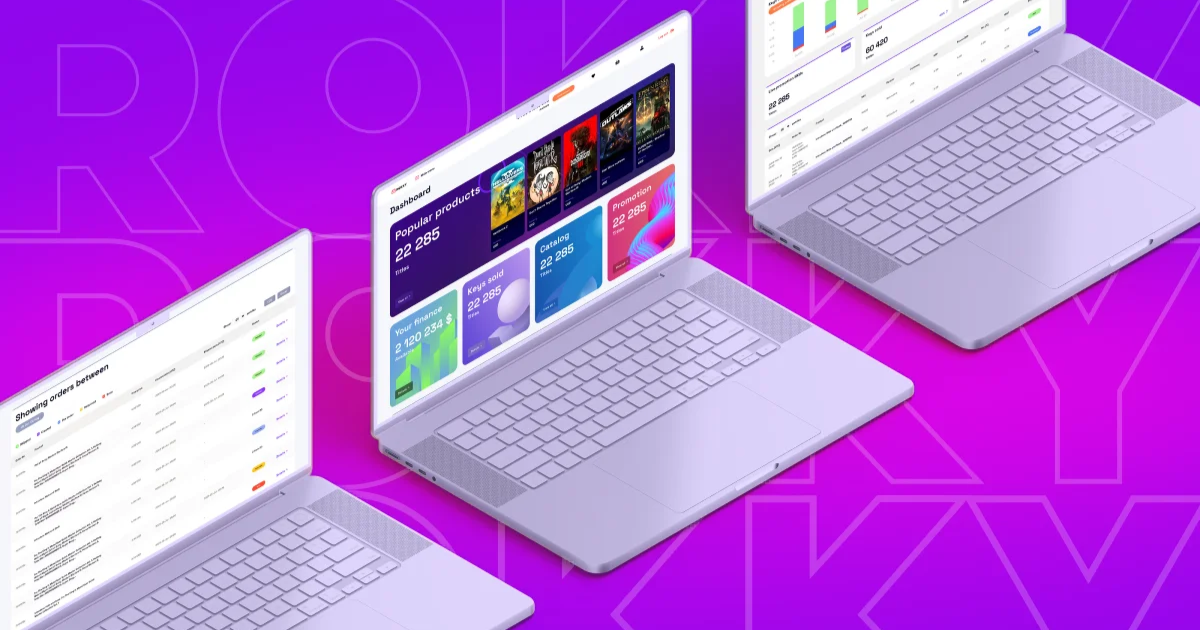Despite facing increased competition in the space, not least from the Epic Games Store, Valve’s platform is synonymous with PC gaming. The service is estimated to have made $10.8 billion in revenue during 2024, a new record for the Half-Life giant. Since it entered the PC distribution space back in 2018, the rival Epic Games Store has been making headway – and $1.09 billion last year – but Steam is still undeniably dominant within the space.
Valve earns a large part of its money from taking a 20-30% cut of sales revenue from developers and publishers. Despite other storefronts opening with lower overheads, Steam has stuck with taking this slice of sales revenue, and in doing so, it has been argued that Valve is unfairly taking a decent chunk of the profits of developers and publishers.
This might change, depending on how an ongoing class-action lawsuit initiated by Wolfire Games goes, but for the time being, Valve is making money hand over fist selling games on Steam. The platform boasts over 132 million users, so it’s perfectly reasonable that developers and publishers feel they have to use Steam – and give away a slice of their revenue – in order to reach the largest audience possible.



As far as I can tell, the lawsuit alleges that steam threatened pulling their (wolfire games) steam sales if they sold elsewhere for cheaper. Which would be bad if true. However, this does not appear to be anywhere in steam’s actual seller agreement. The only clause in that agreement is about steam keys being sold for cheaper, which is why the other poster was focusing on that.
That allegation seems to be that steam in practice is threatening things that are outside of the contract itself.
Edit: I read the emails from the lawsuit discovery (page 160–) and it seems like most of them are about steam keys and their policy on that, which seems more reasonable. But there are definitely a few emails that explicitly go beyond that
Which seems pretty straightforward. Some of the other emails also imply that they might choose not to sell the game at all on steam if you do that.
Yes. This is exactly what I mean when I say “you’re spreading misinformation” in response to all the “iTs OnLy AbOuT tHe KeYs” comments. Kudos for actually informing yourself before butting into a discussion.